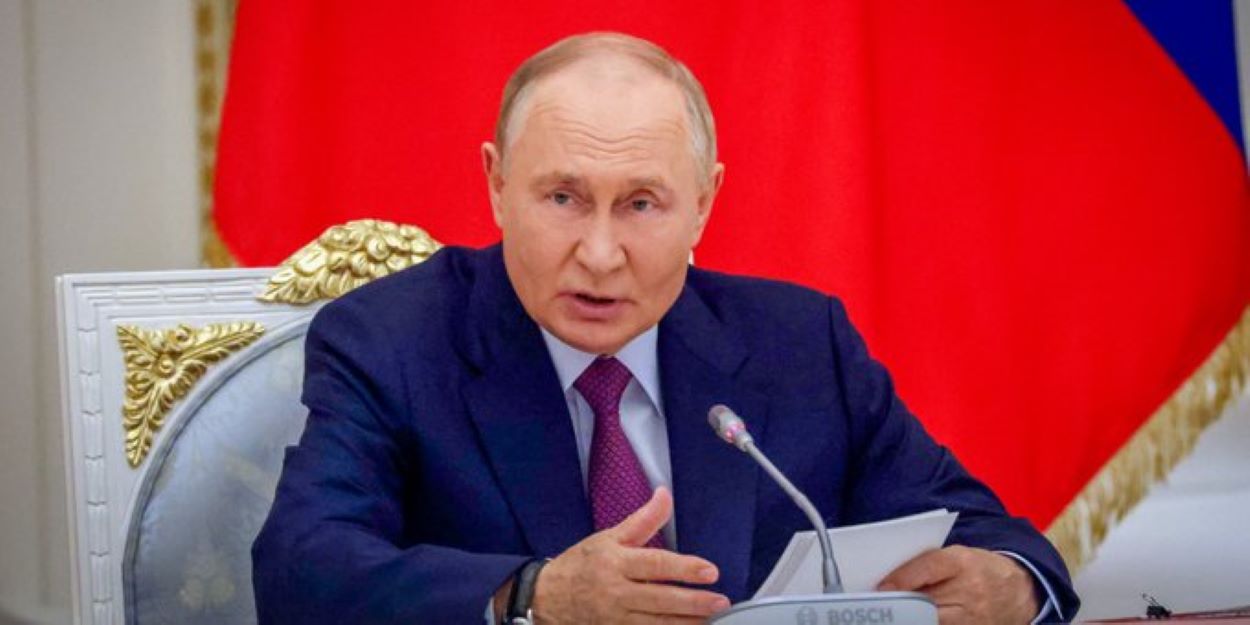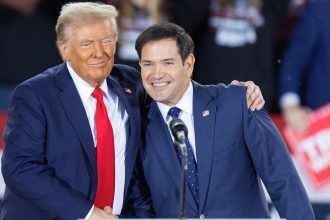President Vladimir Putin cautioned the West against assaults, highlighting that Russia might retaliate with nuclear weapons if hit by conventional missiles. He stressed that any attack facilitated by a nuclear power would be viewed as a collaborative assault on Russia.
This stance revises Russia’s nuclear policy, reflecting the Kremlin’s reaction to ongoing debates in the U.S. and the U.K. regarding potential missile support for Ukraine.
At a security council meeting, Putin noted these adjustments in response to emerging global threats. He emphasized the significant amendment that an attack on Russia, aided by a nuclear state, would constitute a combined offensive against the Russian Federation.
Putin detailed the specific conditions under which Russia would consider nuclear engagement, including detecting a substantial launch of missiles or aircraft targeting Russia or its ally, Belarus.
Putin asserted that the updated doctrine aligns with current military threats, marking a strategic recalibration of Russia’s nuclear stance.
Previously, Russia’s 2020 nuclear policy dictated potential nuclear action in response to nuclear attacks or conventional threats jeopardizing state survival. The updated policy expands potential nuclear responses and protects Belarus, indicating a broader interpretation of threats warranting a nuclear response.
In 2022, concerns about Russia’s potential use of tactical nuclear weapons led the U.S. to caution Putin about the repercussions of such actions, as stated by CIA Director Bill Burns.
The conflict in Ukraine has intensified tensions to levels reminiscent of the 1962 Cuban missile crisis. As Russian forces gain ground in eastern Ukraine, President Volodymyr Zelensky has consistently pressed Western allies to allow Ukraine to strike deeper into Russia, urging them to overlook Russian “red lines” despite warnings from Moscow of escalating global conflict risks.






